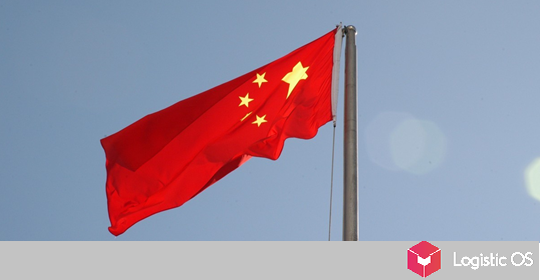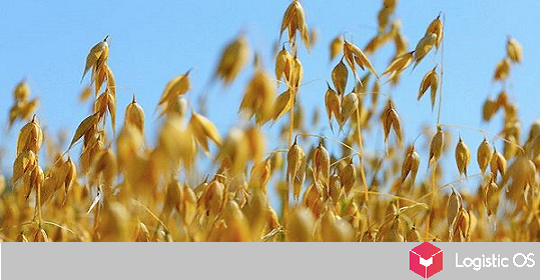According to the micro-census of Rosstat, there are more and more large players among agricultural producers, and fewer and fewer small ones, and the trend will continue.
This census was the first in the country and affected about 17 million manufacturers.
The trend towards enlargement is the main pattern that was noticed thanks to this study. In many ways, the consolidation is due to the fact that smaller players simply leave the market.
The numbers speak for themselves:
— The number of agricultural organizations for 5 years, from 2017 to 2021, decreased by 14%, from 36 thousand to 31 thousand.
— The number of peasant farms (peasant farms) fell by 27%, from 136 thousand to 100 thousand.
— The number of individual entrepreneurs decreased by as much as 2 times, from 38 thousand to 18 thousand.
At the same time, the average sown area is increasing: for agricultural organizations — from 2.5 thousand hectares to 2.75 thousand, for peasant farms and individual entrepreneurs — from 280 hectares to 370 hectares.
Scaling up agribusiness — positive or not?
There are different opinions on this matter. On the one hand, there are objective reasons to bet on big business, because it has many advantages:
— It is easier for him to get access to state support, including subsidies.
For example, according to the results of the micro-census, in 2020, 75% of peasant farms and 60% of agricultural organizations did not have access to subsidies.
— Business diversification greatly increases margins.
It is easier for large enterprises to switch from producing one type of crop to producing another — even because they have more land, and it is easier to follow the principles of crop rotation.
Small enterprises are often fixated on 1-2 crops, and in case of unfavorable market conditions (falling prices), they can quickly go into negative territory.
— It is easier for large businesses to get access to insurance and credit, as well as to find money for the modernization of means of production.
In general, as Vasily Uzun, chief researcher at the RANEPA Center for Agro-Food Policy, noted, in the previous few years the state actively supported “selected” companies, which created unequal conditions for the rest and contributed to the exit of smaller producers from the market.
Is small business needed in the agricultural sector?
Of course, it is needed, says Daria Snitko, head of the Center for Economic Forecasting of Gazprombank.
She notes that in developed countries, up to 80% of food production falls on small businesses, while in Russia — no more than 15%.
And according to a BEFL study, in 2022 in Russia, only 7 companies controlled more than 0.5 million hectares of agricultural land.
Therefore, it is likely that the process of consolidation of agribusiness in Russia will still slow down.

